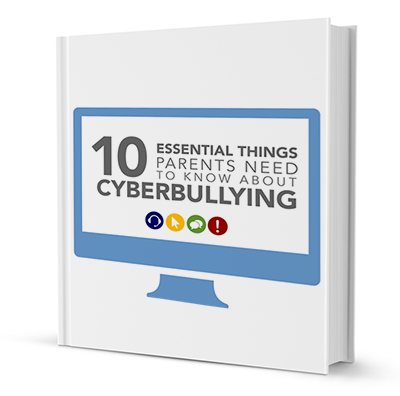Sexting is a growing trend as more and more people use cell phones for more activities. As an adult, the decision to sext is left to an individual (though still discouraged) but if your child is sexting, could he or she face criminal charges? The negatives of pre-teens or teenagers sexting are plenty but being prosecuted for child-pornography is also a possibility.
How someone underage can be prosecuted:
Sending nude photos via text is a relatively new problem for law enforcement. Prosocuters try to keep child pornography from plaguing a society but your child could be caught up in it. Survey's show that about 1 out of every 5 teenagers have either performed or received some form of sexting. The problem is wide-spread and may only continue to grow.
Teenagers from multiple states have been prosecuted and are facing criminal charges that could affect the rest of their life. Here are a few things that you need to know:
-
Children are being prosecuted because most states and federal law consider any photo of a person under 18 to be a form of child pornography, no matter if the teenager was taking the picture of him or herself.
















